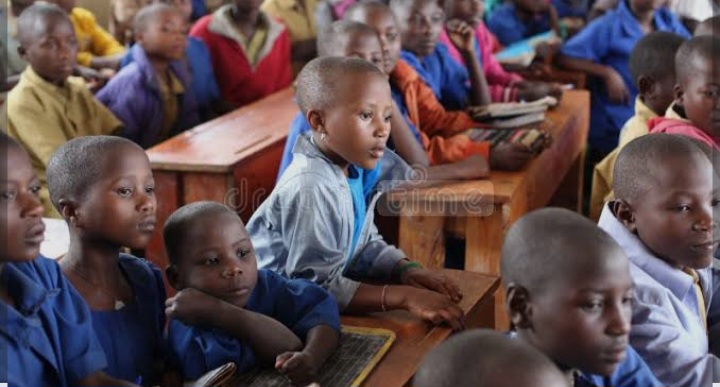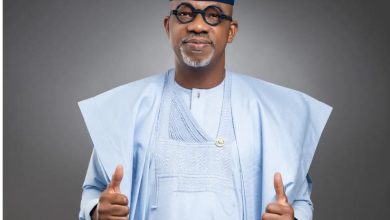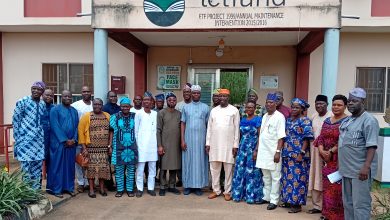FG fixes age 3 as minimum for Nursery One children admission

The Federal Government of Nigeria has established new guidelines regarding the admission age for nursery, primary, and junior secondary schools. According to the updated policy, children are to be admitted into Nursery One at the age of three, Nursery Two at four, and then one year of compulsory pre-primary education (kindergarten) at the age of five. This aligns with the National Policy on Education (NPE) from 2013.
For primary and junior secondary education, the directive states that basic education lasts for nine years, consisting of six years of primary education followed by three years of junior secondary school. Students will begin Primary One at six years old and can transition into Junior Secondary School (JSS1) approximately at the age of twelve upon completing their primary education.
This framework implies that students are expected to complete secondary education by around the age of 18, which aligns with earlier recommendations for university admission. The previous minimum age for university entry had been set at 18, but current Education Minister Dr. Tunji Alausa has revised it to 16 years.
Significantly, the policy also emphasizes the rising role of non-state, or private, schools in Nigeria’s educational landscape. Data from the Nigeria Education Digest 2022 indicate that non-state schools are prevalent, particularly at the junior secondary level, outnumbering state schools in at least 26 states. The growth of private schools has outpaced that of state schools—non-state primary schools grew by 31.56% from 2017 to 2022, while state schools only saw a 3.3% increase.
This policy shift and data highlight the changing dynamics in Nigeria’s education system, reflecting both the governmental focus on structured age-based schooling and the increasing significance of non-state educational institutions.



